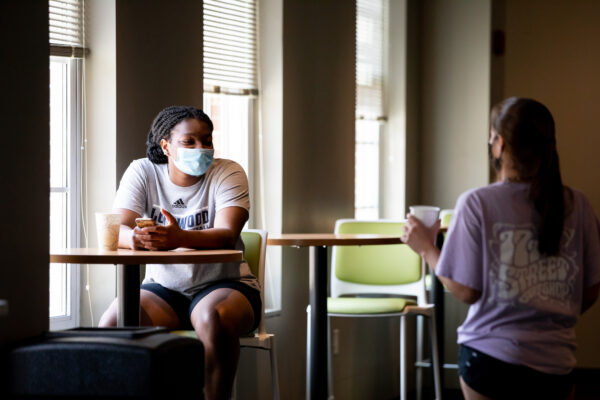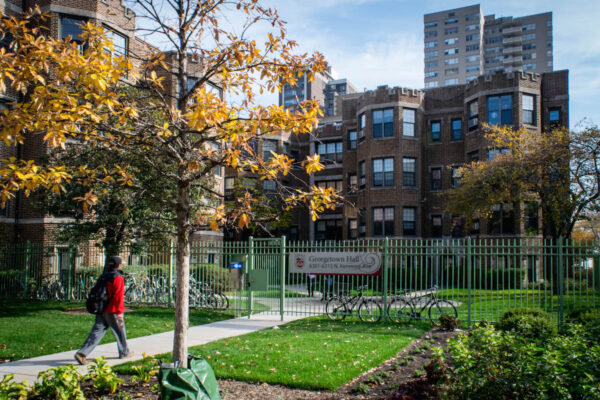The Impact of Covid-19 on Student Assessment
Title: Assessment During a Crisis: Responding to a Global Pandemic
Authors: Natasha Jankowski
Source: National Institute for Learning Outcomes Assessment
A new report from the National Institute for Learning Outcomes Assessment details how student assessment changed at colleges and universities during the spring semester due to COVID-19.
The report presents findings from their spring survey of more than 800 institutional respondents whose primary job responsibilities were assessment-related (administrators, professional staff, faculty, etc.). Respondents were primarily from urban institutions (79 percent), and slightly more than half worked at selective institutions (53 percent), and residential institutions (51 percent).
The findings include:
- More than half of respondents (58 percent) indicated that information gathered from students influenced assessment decision changes.
- More than one in three faculty members (36 percent) strongly agreed that equity concerns drove decision making, more than administrators and assessment professionals (26 percent each). Additionally, equity concerns were most likely to inform decision making at baccalaureate degree-granting institutions (80 percent).
- Associate degree-granting institutions were most concerned with potential negative impacts in assessment culture (29 percent), and least likely to accept alternative assignments (33 percent). Despite this, these institutions were the most flexible with coursework submission deadlines (74 percent).
- Selective institutions were substantially more likely to modify assignments (75 percent compared to 63 percent), shift to pass/fail grading (57 percent compared to 41 percent), and shift to credit/no credit (20 percent compared to 11 percent).
Overall, 75 percent of respondents reported that they were not concerned that assessment changes would negatively impact assessment culture at their institutions. Of the remaining 25 percent, respondents indicated they worried about increased work demands, assessment shifting away from teaching and learning, and accuracy of assessment given the changes.
The report also provides context for the findings, discussing other COVID-19 related higher education surveys, and concludes with recommendations for supporting and implementing changes to student assessment. To read the full report, please click here.
—Charles Sanchez
If you have any questions or comments about this blog post, please contact us.


